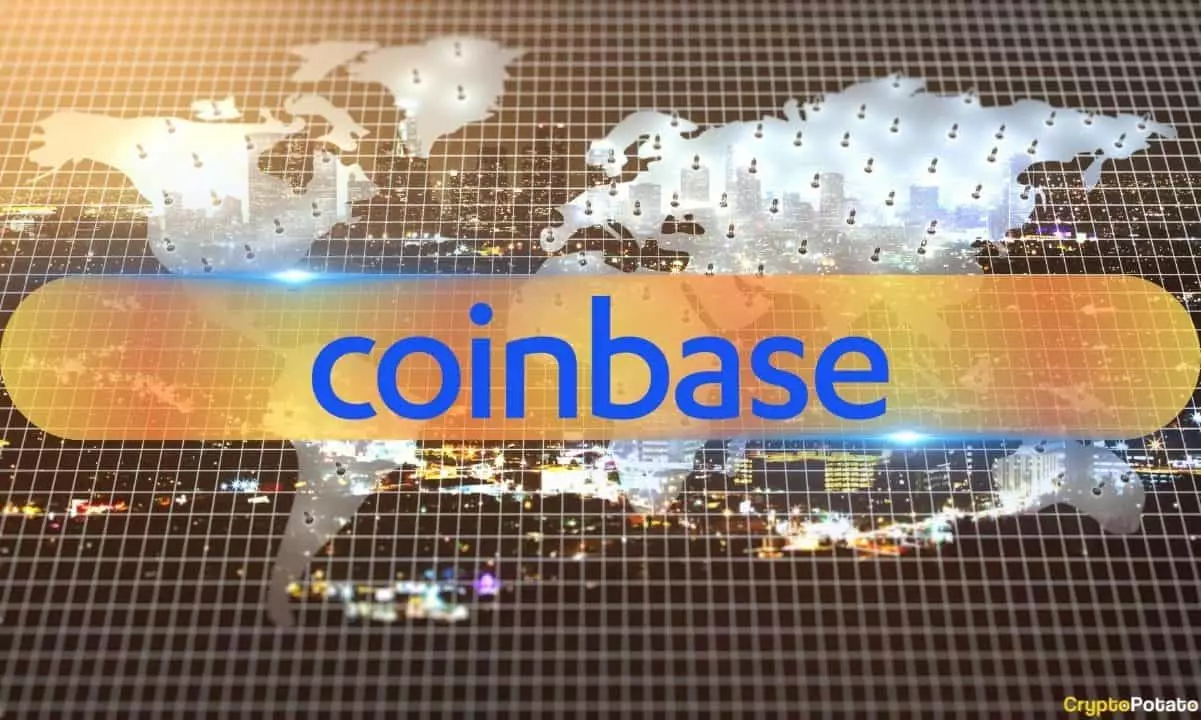In a recent communication to its clients, Coinbase, one of the leading cryptocurrency exchanges in the United States, announced a significant change for users in the European Economic Area (EEA). Beginning November 1, the platform will cease providing rewards for holders of the USD Coin (USDC) stablecoin in the EEA. This strategic move arises from impending “new requirements for e-money tokens” associated with the rollout of the Markets in Crypto Assets (MiCA) regulations, which aim to standardize the cryptocurrency landscape within the European Union (EU).
The ability for customers to earn monthly interest on USDC holdings has been a key feature of Coinbase’s service, appealing to users across more than 100 jurisdictions. However, this reward program, set to end on November 30 for EEA residents, reflects the exchange’s efforts to align its offerings with evolving regulatory frameworks. Users are urged to be aware that any outstanding payouts will be accessible within the first ten business days of December, with a deadline to claim funds set for December 13.
MiCA represents a groundbreaking regulatory framework introduced by the EU to ensure coherent governance of the crypto sector across its member states. This legislation is designed to create a transparent, secure, and well-regulated environment for issuing, trading, and engaging in crypto-related services. As the EU comprises 27 member nations, the MiCA regulations are expected to have a sweeping impact on how cryptocurrency is managed and transacted in Europe.
Coinbase’s recent adjustments, alongside similar actions by other exchanges such as Bitstamp— which recently delisted Euro Tether (EURt) due to non-compliance— underscore the urgent need for crypto companies to conform to these new legal standards. This clarification from regulatory bodies comes as many in the industry adapt their offerings to ensure compliance with these emerging rules.
Interestingly, despite MiCA’s direct applicability to EU member states, its effects may resonate beyond borders. Countries like Norway, Iceland, and Liechtenstein—although not part of the EU—often implement regulations that mirror those set by the EU to facilitate trade in the internal market. As such, even in the absence of a legal obligation, analysts suggest these nations might gravitate towards similar compliance measures, further expanding the reach of MiCA’s influence across Europe.
This spiraling web of compliance could reshape the operational landscape for cryptocurrency exchanges, potentially leading to a more unified yet restrictive market environment. As companies scramble to adapt, the interplay between regulatory adherence and the diverse offerings consumers expect will become a pressing challenge.
As Coinbase and other exchanges navigate the evolving landscape of cryptocurrency regulation, users must stay informed about changes that may affect their holdings and revenue streams. With MiCA setting a new precedent for the crypto sector in Europe, the landscape will likely continue to transform, posing both challenges and opportunities.
The pause in USDC rewards serves as a reminder of the rapid developments in the arena of cryptocurrency compliance. For businesses and individual users alike, remaining adaptable and informed about regulatory shifts will be paramount in thriving in this brave new world of digital finance.


Leave a Reply